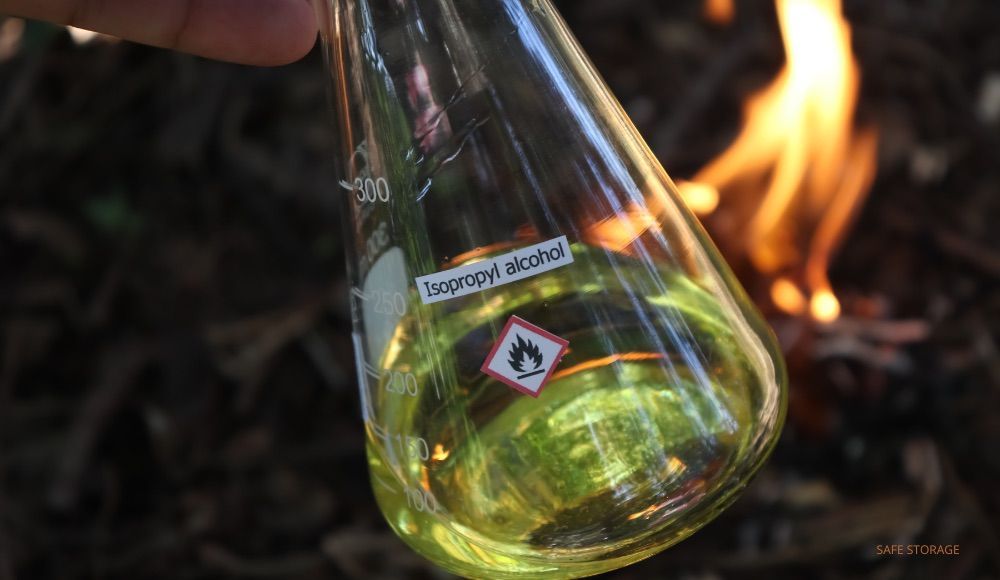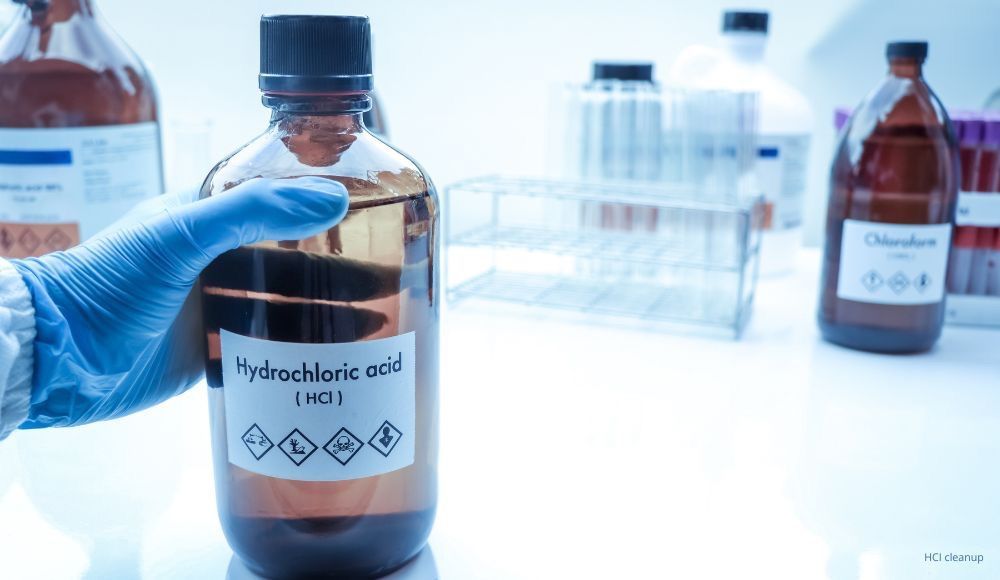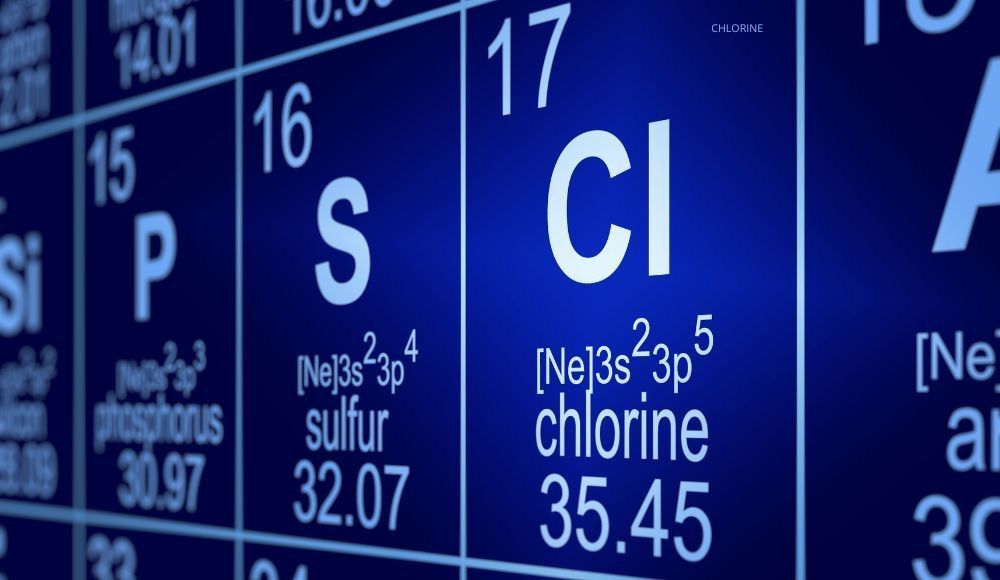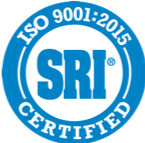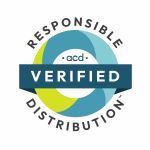Nitric Acid: Exploring Its Versatile Uses

Nitric acid is one of the most widely used chemical substances in the modern economy. Its oxidative properties make it essential for various processes, from drug standardization to explosive creation.
Industrial applications
As a highly reactive compound, nitric acid has extensive industrial applications. It is best known for assisting nitrate-containing fertilizer fabrication, such as calcium nitrate and ammonium nitrate. However, it also has numerous other uses. These include:
- Purification of precious metals, such as gold, silver, and platinum
- Formulating dyes, performance, and pharmaceuticals
- Creating explosives, including TNT, ammonal, and nitroglycerin
- Manufacturing Nylon and other synthetic fibers
- Making fluids that dissolve the noble elements (neon, argon, etc.)
Laboratory uses
Nitric acid also has extensive uses in the laboratory setting. Technicians can use it as a catalyst, oxidizing agent, reagent, and more. Here are some standard use cases:
- Catalyzing reactions without consuming or significantly altering the desired products
- Precipitating various inorganic compounds from solutions, such as iron hydroxide
- Becoming a reagent in various spectroscopy techniques to identify the presence of compounds or properties of organic substrates
- Oxidizing alcohols, ketones, and aldehydes
- Introducing a nitro-group (-NO2) to organic molecules
- Cleaning metal and glassware surfaces
Cleaning and etching properties
As already mentioned, nitric acid also has cleaning and etching properties. As a powerful oxidizing agent, it can donate its oxygen molecules to other compounds, including metal, causing them to oxidize in predictable ways. During this process, it removes ions from the metal’s surface, causing pits to form in the material.
This oxidizing property also makes nitric oxide a potent solvent. The acid can dissolve substances on the surface of materials, helping to remove contaminants and render them safe.
The Role of nitric acid in explosives production
Nitric acid plays a significant role in explosives production. The organic substances it contains are the main drivers of the reactions that lead to the creation of TNT and nitroglycerin, two standard explosive compounds.
The explosive industry often requires “fuming” nitric acid containing 98% HNO3 to make its products. This chemical form is less volatile and behaves more predictably than conventional formulations. Facilities can add a small quantity of hydrogen fluoride (HF) to the mix to create “inhibited” fuming nitric acid, protecting metal tanks.
Nitric acid makes explosives via nitration of organic compounds in pre-explosive substrates. The acid’s nitro group replaces the hydrogen in these substances, with the remainder of the organic molecule forming harmless water.
Nitric acid in the pharmaceutical sector
Nitric acid also has significant uses in the pharmaceutical sector. Again, manufacturers leverage its oxidizing properties in their chemical processes.
For example, nitric acid plays a significant role in pharmaceutical intermediary synthesis – compounds that drugmakers will react to produce final products. The nitration reaction introduces the -NO2 group to organic molecules, common substances in pharmaceutical fabrication.
Nitric acid also helps prepare solutions and reagents for pharmaceutical analysis and quality control. Some labs use it for redox and pH titrations and analyzing the presence of non-organic compounds in pharmaceutical products.
Other uses of nitric acid in the pharmaceutical sector include:
- The detection of impurities and degraded substances inside existing pharmaceutical products, enabling the identification of formulation issues that might compromise safety or efficacy
- The preservation of pharmaceutical products, improving the activation and solubility of active ingredients, and eliminating compounds that might degrade organic ingredients
- The preparation of pharmaceutical excipients – inactive ingredients manufacturers add to their products to make them more shelf-stable
- The standardization of pharmaceutical products to ensure consistent dosages across various formats, including tablets, pills, injectables, and liquid pouches
Environmental impact of nitric acid usage
Nitric acid is a helpful reagent across numerous sectors and applications (as we have seen). However, its production and usage can have adverse environmental consequences.
For instance, the Ostwald production process for synthesizing the compound emits nitrous oxide (N2O) into the atmosphere. This substance is a potent greenhouse gas with over 265 times the warming effect over an identical volume of carbon dioxide.
Nitric acid also causes water pollution. Manufacturers that dispose of it improperly can damage local ecosystems and aquatic life. The compound can leach into the groundwater and make its way into local water bodies, where it causes devastation.
Some scientists are also raising concerns about nitric acid’s impact on agriculture. The use of nitrogen-based fertilizers is essential in many parts of the world. However, excessive use can cause nutrient run-off that intoxicates local wildlife.
Finally, nitric acid production may lead to the formation of ground-level ozone. This highly toxic substance can cause respiratory symptoms in some people and lead to smog.
Safety precautions when handling nitric acid
If you handle nitric acid, take the following safety precautions:
- Don’t let it touch your skin. Contact will cause severe chemical burns. (If you get in on bare skin, wash it off with
plenty of water).
- Store it correctly. Always label nitric acid according to regulations and keep it away from sunlight or heat. Ensure only authorized personnel can access it.
- Avoid breathing nitric acid vapors. Exposure can cause sputtering, coughing, and irritation to the respiratory tract.
- Don’t get it in your eyes. If you do, wash it out with clean water for fifteen minutes. Failing to remove all the acid could lead to permanent eyesight damage.
- Always wear personal protective equipment (PPE). Use chemical-resistant gloves and masks to protect your skin and olfactory senses.
- Ensure proper ventilation. Nitric acid can build up to dangerous levels in stuffy rooms. If you don’t have good ventilation, use a fume hood.
Use North Industrial Chemicals For Nitric Acid and More
Get in touch with our team for nitric acid for your application, and for industrial chemicals of all kinds. Call us at 717-845-8647 or click below to contact us to learn about our extensive delivery options, affordable pricing, and expert guidance.


Contact
717-845-8647
North Industrial Chemicals, Inc.609 E. King St.PO Box 1985York, PA 17405
All Rights Reserved | North Industrial Chemicals, Inc.


